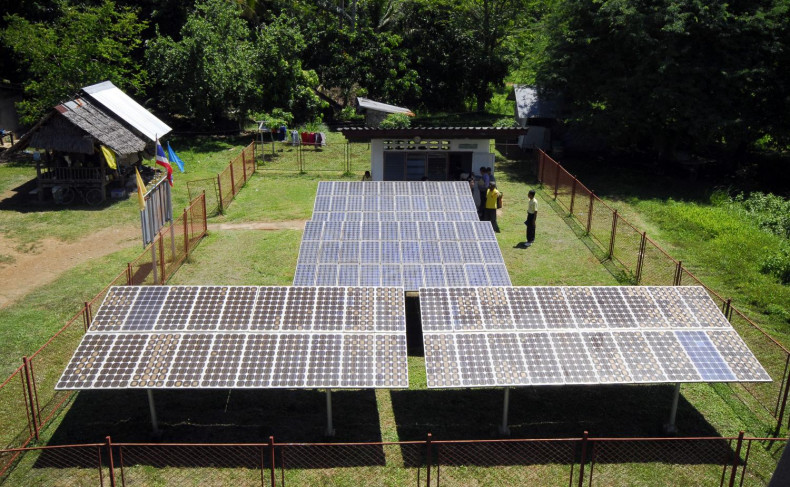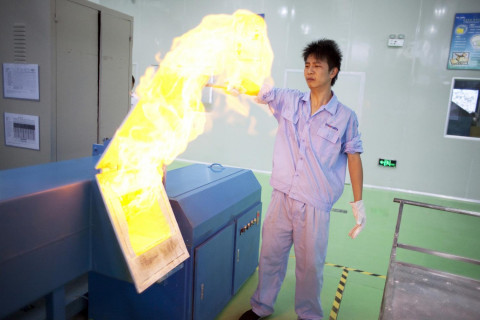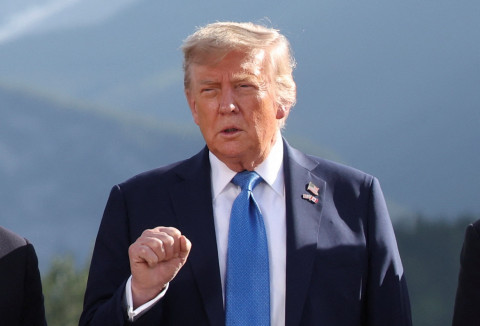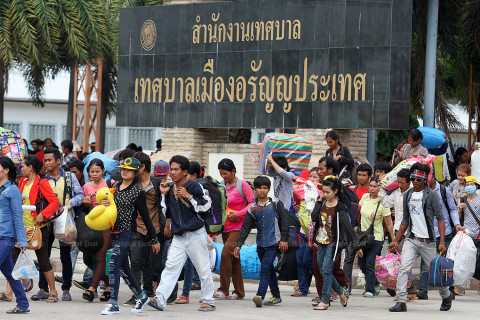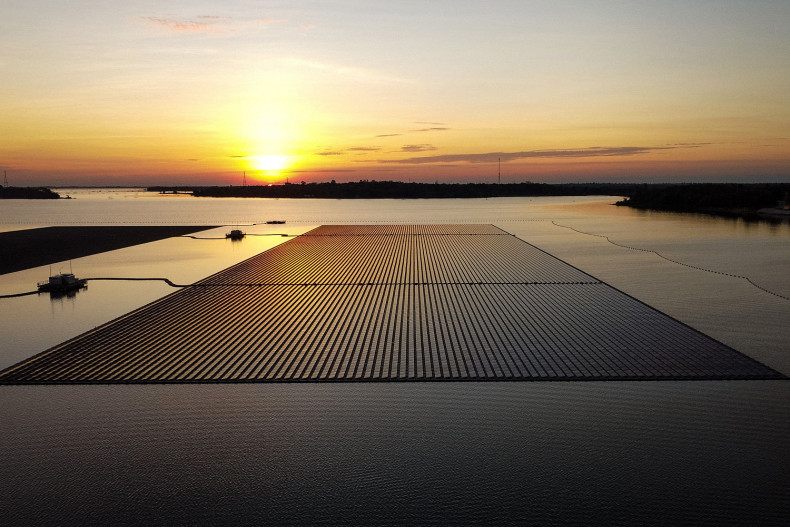Showing 1 - 10 of 78
Poll perils persist
Oped, Editorial, Published on 15/01/2026
» As the election campaign intensifies ahead of the Feb 8 poll, a number of education outlets as well as media channels are churning out opinion survey results suggesting the popularity ratings of individual candidates.
Carbon capture, hydrogen and net zero
Oped, Areeporn Asawinpongphan, Korn Amnauypanit & Annop Jaewisorn, Published on 05/11/2025
» Solar farms, wind turbines, and electric vehicles are crucial to slashing carbon emissions, but they can't carry Thailand all the way to net zero.
Time to focus on climate funding
Oped, Rakesh Mohan & Janak Raj, Published on 04/11/2025
» Discussions about climate finance often focus on the most vulnerable countries, such as small island developing states -- and for good reason. But the nine major emerging-market economies (EMEs) -- Argentina, Brazil, China, India, Indonesia, Mexico, Russia, South Africa, and Turkey -- also have significant climate-finance needs, which must be met if the world is to have any chance of achieving its climate goals. Nowhere are those needs larger than in China.
From FDI to homegrown growth
Oped, Peerasit Kamnuansilpa, Published on 11/09/2025
» For decades, Thailand has leaned heavily on foreign direct investment (FDI) as the engine of growth. That strategy once delivered jobs and exports, but today it yields diminishing returns. Inflows are volatile, competitiveness is slipping, and dependence on external capital leaves the economy vulnerable to global shocks. Thailand must change course.
A just energy blueprint for Asean
Oped, Aldilla Noor Rakhiemah & Livia Liannasari, Published on 18/08/2025
» As the global energy transition gains pace, there is a growing recognition that justice and inclusion must be at its core amid shifting trade dynamics and global trends.
Rare earths are definitely China's trump card
Oped, Angela Huyue Zhang, Published on 15/08/2025
» China's weaponisation of rare earths has emerged as a major flash point in US-China trade negotiations. These critical materials, especially the high-performance magnets they make possible, are vital components in electric vehicles (EVs), wind turbines, industrial robotics, and advanced defence systems. In response to China's strict rare-earths export controls, the United States has quietly lowered tariffs, relaxed export controls on AI chips, and even softened visa restrictions for Chinese students.
Can financing for development talks succeed?
Oped, Jayati Ghosh, Published on 17/06/2025
» It is easy to be pessimistic about multilateralism nowadays. Recent international gatherings have yielded only unfulfilled promises. At a time when US President Donald Trump is abandoning America's international commitments, rejecting multilateral initiatives, and sowing chaos and confusion in global trade, can the Conference on Financing for Development (FfD4) at the end of this month go any better?
Thailand needs a geostrategic rebalance
Oped, Thitinan Pongsudhirak, Published on 06/06/2025
» With two military coups and multiple judicial interventions that combined to subvert election results and weaken democratic institutions over the past two decades, it is unsurprising that Thailand's geostrategic position has leaned increasingly towards China. Naturally, the more Thailand becomes autocratic, the more it will be estranged from established democracies in Europe and North America, as well as Japan and South Korea, with nowhere to turn but to Beijing. But this China orientation is a geostrategic mistake at this time. Thailand should correct its course until clearer signs emerge as to which side of the superpower struggle will come out on top.
Charting Thailand's clean energy path
Oped, Areeporn Asawinpongphan, Chakorn Loetnithat & Annop Jaewisorn, Published on 04/06/2025
» Clean energy is no longer our future -- it's already here. Thailand must act fast or risk falling further behind.
Theatre of white refugees from South Africa
Oped, Gwynne Dyer, Published on 16/05/2025
» As my flight landed in South Africa on Sunday, I looked in vain for the plane that was due to take off with the first 49 white, Afrikaans-speaking "refugees" of the many thousands who are supposedly going to find safety from racist persecution in Donald Trump's United States.








